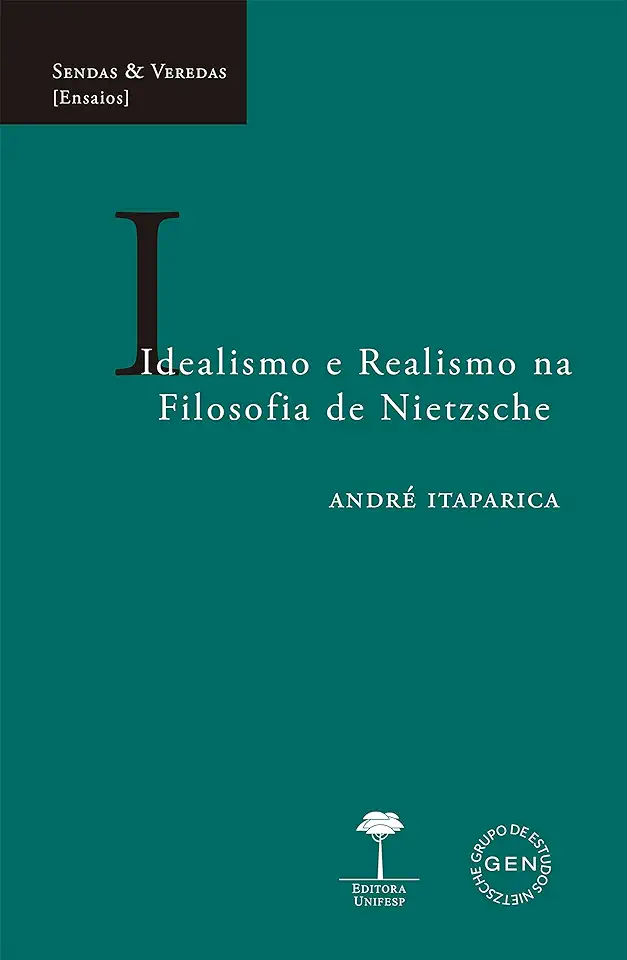
Idealism and Realism in the Philosophy of Nietzsche - Itaparica, André
Idealism and Realism in the Philosophy of Nietzsche
Introduction
In his book, "Idealism and Realism in the Philosophy of Nietzsche", André Itaparica offers a comprehensive and insightful exploration of Nietzsche's philosophical thought, focusing on the tension between idealism and realism in his work. Itaparica argues that Nietzsche's philosophy is best understood as a synthesis of these two seemingly contradictory positions, and that this synthesis is essential for understanding his unique and profound insights into human nature and the world.
Nietzsche's Idealism
Nietzsche's idealism is rooted in his belief in the power of human creativity and the ability of individuals to shape their own lives and values. He rejects the notion of a fixed and objective reality, arguing instead that reality is constantly being created and recreated through human interpretation and action. This idealistic perspective leads Nietzsche to emphasize the importance of individual freedom and self-determination, as well as the need for individuals to create their own meaning and purpose in life.
Nietzsche's Realism
Nietzsche's realism, on the other hand, is rooted in his recognition of the limitations of human knowledge and the harsh realities of the natural world. He argues that humans are fundamentally limited in their ability to understand the world objectively, and that our knowledge is always filtered through our own subjective experiences and perspectives. This realistic perspective leads Nietzsche to reject the idea of absolute truth and to embrace a more pragmatic and relativistic approach to knowledge and morality.
The Synthesis of Idealism and Realism
Itaparica argues that Nietzsche's philosophy is best understood as a synthesis of these two seemingly contradictory positions. He shows how Nietzsche's idealism and realism are not mutually exclusive, but rather complement each other to create a more comprehensive and nuanced understanding of human existence. This synthesis allows Nietzsche to avoid the pitfalls of both pure idealism and pure realism, and to develop a philosophy that is both visionary and grounded in the realities of human experience.
Nietzsche's Influence on Modern Thought
Itaparica concludes by discussing the profound influence of Nietzsche's philosophy on modern thought. He argues that Nietzsche's insights into human nature, morality, and the nature of reality have had a lasting impact on a wide range of disciplines, including philosophy, psychology, literature, and art. Itaparica also highlights the relevance of Nietzsche's philosophy to contemporary issues, such as the rise of individualism, the decline of traditional values, and the search for meaning in a secular age.
Conclusion
"Idealism and Realism in the Philosophy of Nietzsche" is a must-read for anyone interested in Nietzsche's philosophy or in the broader questions of idealism and realism in philosophy. Itaparica's comprehensive and insightful analysis provides a deep understanding of Nietzsche's thought and its enduring significance for modern thought. This book is a valuable resource for scholars, students, and anyone else interested in exploring the complexities of human existence and the search for meaning in a complex and ever-changing world.
Enjoyed the summary? Discover all the details and take your reading to the next level — [click here to view the book on Amazon!]